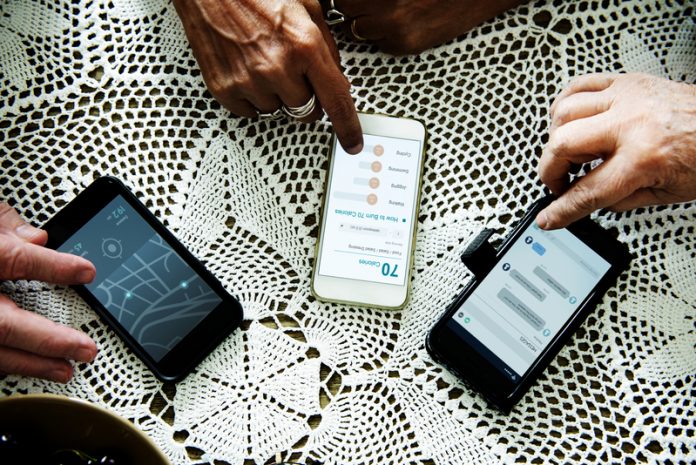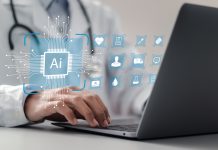The ageing population is growing and the need for quality care services will increase substantially in the coming years, here’s where technology can come
The UK population is ageing. By 2040 one in seven people are projected to be aged over 75, according to a government report. Only in London, the number of over 60s is expected to increase to almost 2 million by 2035, making older Londoners the fastest growing demographic across the city.
Companies across the country are looking for ways technology can be adapted to aid older adults to maintain their independence. Further to this, and possibly most importantly, it can help curb loneliness in older adults – 3.6 million older people in the UK live alone, of whom over 2 million are aged 75+. To put loneliness in some context, to suffer from it is the equivalent to your health as smoking 15 cigarettes per day. The following advancements in technology are helping the elderly to live better and happier lives.
Voice recognition software
Utilising products powered by voice recognition is and will continue to provide real life-changing solutions to +65 day-to-day problems. Think about an individual who has mobility issues, who can now through the tool of an Alexa control their home, lights, televisions, telephone – essentially all consumer electronics. If they are ever feeling down, they can simply ask Alexa to reach out to someone in their care circle and instantly connect. The value adds of this technology is only just at the start of it’s learning curve.
Telecare
Sensors and other smart hardware enable seniors to live independently in their own home safely, whilst family members and the care circle can monitor their loved one from miles away. This technology builds a rhythm picture of the individual, looking at the person’s normal routine and makes sure this is happening. For instance, let’s say an elder man living in Islington usually wakes up at 6 am, walks to the kitchen and makes a cup of tea at 6.20 am. If it’s not the case this is happening, the system can make necessary alerts. This technology is going to play a massive role in reducing the cost of care and enabling seniors to stay in their own home safely.
Wearables
With the capacity to monitor your health as closely as your monitor your Tesla just on the horizon. We are on the precipice of a health revolution. Wearables are going to greatly contribute to help our ageing population monitor and take control of their health and care. Devices such as smart watches provide invaluable data as they record information and real-time and can be used to monitor vital signals.
In 2019 a basic smartwatch has a medical grade heart monitor which can be used to detect and diagnose heart arrhythmia. This access to vital information continuously will enable services to have a greater overview of that individual’s health and possibly reduce the need for hands-on care. Services will be able to tailor their services based on this information and if needs and times reduce, so will cost.
AI
Over the next 5 years, we are going to see AI play a larger and larger role across the health sector. Its effect is going to be multifaceted and will redefine how we look at our system. Currently, we have doctors, nurses and carers working in specialised areas spending years and years to accumulate the knowledge required to make complex decisions. AI’s biggest advantage is its capacity to be an expert in all fields at the same time, whilst simultaneously continually learning and spotting trends.
If the correct data can be collected and structured effectively then the possibility of being proactive to an individual’s health needs is on the horizon – something we are working towards at Edyn.Care, as we have established a Care Hub that’s constantly updated with information on a person’s mood, sleep quality, diet, bowel movement, comfort mobility and other day-to-day touch points. The data collected can be of immense help to those receiving care and the agencies overseeing the care. With effective AI you can identify potential problems and take necessary actions before a condition becomes critical and stop individuals ending up in hospitals unnecessarily.
Jonny Bottomley
Co-Founder & CEO











